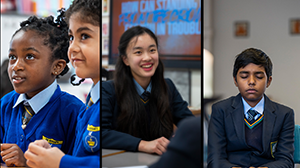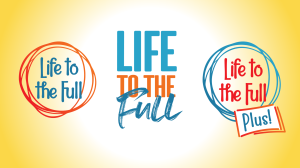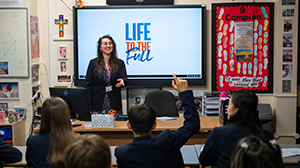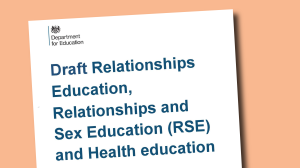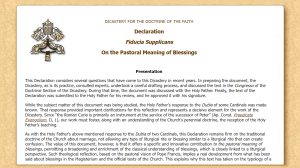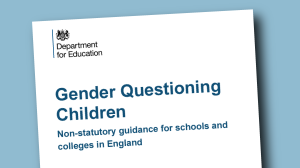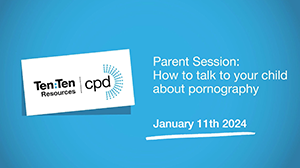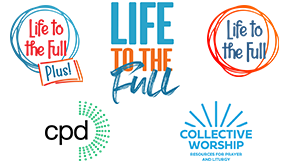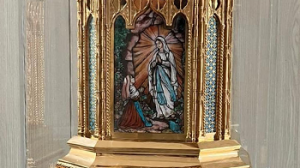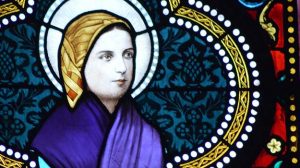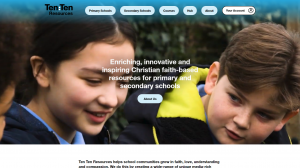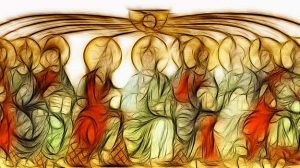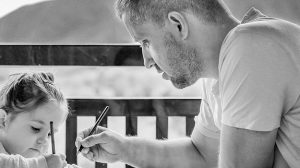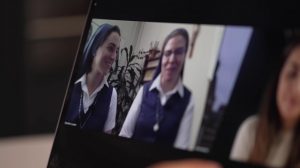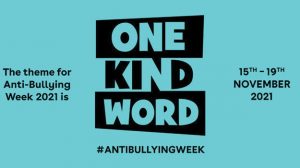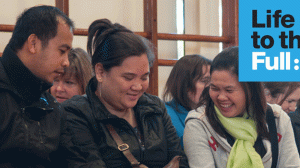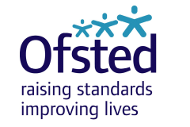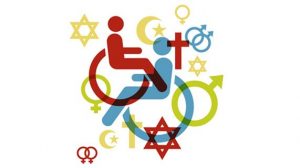
Bullying in UK Schools
In 2016, the Anti-Bullying Alliance undertook research with over 13,000 pupils aged between 7 and 15 across 44 schools in the UK. They found that:
- 1 in 4 children reported they were bullied a lot or always
- Disabled children and those with SEN were around twice as likely to be bullied
- Disabled children and those with SEN were three times more likely to both be bullied and bully others (‘bully-victims’)
- Children and young people who were involved in school bullying enjoyed going to school less, had poorer relationships with their teachers, and were less likely to feel safe or included within the school
- Children who were eligible for free school meals were more likely to be victims of frequent bullying
Schools are aware of the problem of bullying, and there are fantastic charities, organisations and schemes working with schools to prevent and tackle bullying in schools, such as Anti-Bullying Week, Befrienders and Childline.
Why is it important to talk about bullying within ‘Life to the Full’?
Ten Ten’s Life to the Full for primary schools is a fully-resourced scheme of work in Relationships and Health Education (RHE) for Catholic primary schools. As such, some of the many topics covered include personal relationships, physical and emotional well-being, conflict resolution, online safety and living in the wider world. These topics are all approached from the foundational belief that everyone is made in the image and likeness of God, is loved unconditionally by Him, has equal dignity and is deserving of equal respect.
Bullying is discussed in various pre-existing resources, as part of sessions related to the topics listed above, but we felt it was important to provide a designated anti-bullying resource from a Catholic faith perspective, to support ongoing provision and support in schools.
As you’ll notice from the statistics above, bullying can sometimes relate to certain ‘protected characteristics’ as described in the Equality Act 2010. Therefore the new resource for Upper Key Stage Two (UKS2) that we have created also introduces the protected characteristics at an age appropriate level.
Read on to find out more about the resource we have created, and the Key Decision involved:
What is the resource and who is it for?
The new resource is called ‘Build Others Up’, based on St Paul’s words to the Ephesians:
Building on previous learning about personal relationships, the session addresses the concepts of bullying, prejudice and discrimination, with reference to the protected characteristics as determined by the Equality Act 2010.
Through activities and discussion, pupils will consider what bullying, prejudice and discrimination are, who they affect, how they might make people feel and what pupils can do about it: all within the Christian belief that everyone is made in the image and likeness of God, is loved unconditionally by Him, has equal dignity and is deserving of equal respect.
What Key Decision is required?
In the session, there is a film explaining the meaning of ‘bullying’, ‘prejudice’ and ‘discrimination’, which refers to the protected characteristics of age, disability, marriage and civil partnership, pregnancy and maternity, race, and religion/belief.
As Sex Education is not statutory for primary schools, the protected characteristics of sex, sexual orientation and gender reassignment are not explicitly mentioned in the film, allowing schools to choose whether or not to discuss these with pupils.
The only part of the session requiring a Key Decision is the Appendix 3 scenario discussion activity, where 3 out of 14 scenarios concern discrimination/bullying of the protected characteristics of sex or sexual orientation. These scenarios should only be used on the approval of the Programme Coordinator (in consultation with SLT and parents), based on the new Key Decision #7. You can find more information about this Key Decision in the updated Programme Coordinator Manual linked below under the heading of: Where can I find further guidance?
Where does it fit in the programme?
As part of the UKS2 programme, this session finds its home as the new Session 4 within Unit 2: Personal Relationships of Module 2: Created to Love Others. (Session ID: UKS2-027)

Session 1: Build Others Up
Building on previous learning about personal relationships, this session addresses the concepts of fairness, bullying, prejudice and discrimination, with reference to the protected characteristics as determined by the Equality Act 2010. Through activities and discussion, pupils will consider what bullying, prejudice and discrimination are, who they affect, how they might make people feel and what pupils can do about it: all within the Christian belief that everyone is made in the image and likeness of God, is loved unconditionally by Him, has equal dignity and is deserving of equal respect.
Go to SessionTeachers from other Key Stages experiencing problems with bullying might like to look to this resource for guidance about how to discuss these issues with their pupils.
When will it be available?
This new resource will be available from Friday 10th March through the Life to the Full primary subscription.
Where can I find further guidance?
For more information about this new resource, see the links below to the updated version of the Programme Coordinator Manual, and the updated Guidance on Protected Characteristics.
In January, we shared with you some other new Life to the Full resources, which help schools explore the themes of Death and Grief, and Female Genital Mutilation (FGM). Read more about those resources below.
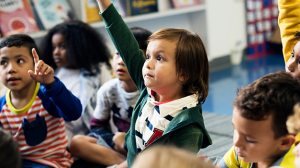
New content: 'FGM' and 'Death and Grief'
Find out more about our new resources ‘FGM’ and ‘Death and Grief’ for Life to the Full, along with important guidance for SLT and class teachers…
Go to Content




